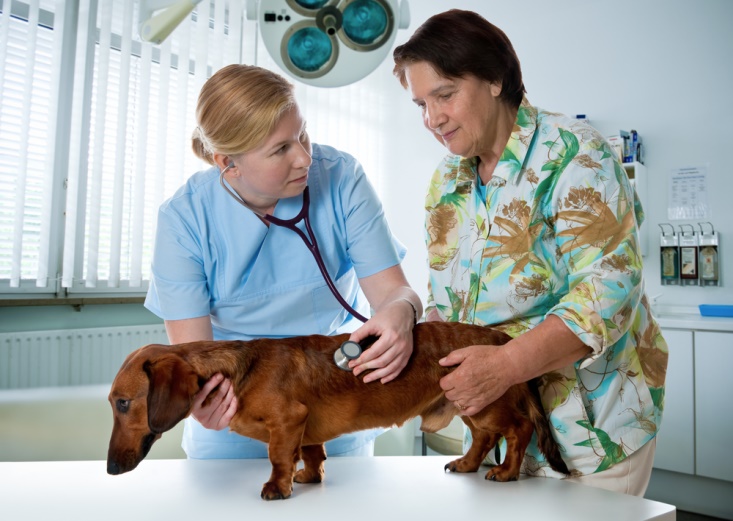Protecting you and your Dog from Rabies

If there is one animal-based disease that strikes fear into the hearts of many owners, it is rabies.
Rabies is a severe viral infection that is responsible for the deaths of millions of animals across the world every year. The virus itself attacks your pet's central nervous system, spreading to his brain and spine, enabling it to affect behavior and movement. While the virus can take up to a month to develop, once symptoms begin the condition will progress rapidly and in almost all cases will be fatal.
However, it is not just your pet's life that is at risk if he contracts rabies. The virus has zoonotic properties, enabling it to be spread to humans where it is just as deadly. The legal requirement for pet rabies vaccinations minimizes the death toll here in the U.S, but around the world more than 50,000 people die annually from rabies infections.
The effects of rabies
When you think of rabies it undoubtedly conjures up images of snarling, aggressive and intensely violent animals, principally dogs, who behave as if they are possessed. While the actual symptoms of rabies are often dramatized, the truth is that there are two types of rabies, and one, which is known as 'furious rabies' is characterized by extreme behavioral changes, including those described above. The other, known as 'paralytic rabies' causes weakness and loss of co-ordination, swiftly followed by the paralysis from which it gets its name.
How is rabies spread?
Rabies is spread through contact with an infected wild animal, with raccoons, foxes, bats and skunks principally responsible for transmitting the disease. In order to develop rabies your pet must be bitten or scratched by the infected animal, or their saliva must get into your pet's mouth or onto an open wound on her body. The same rules of transmission apply when passing the disease from animal to humans.
Protecting your pet from rabies
Fortunately, rabies is entirely preventable thanks to the development of a vaccine. The rabies vaccine works by masquerading as the disease and causing your pet's body to create antibodies to fight it. However, it does this without actually causing your pet any harm. If your furbaby was to then come into contact with the real rabies virus, the antibodies will fight it off before it has the opportunity to infect your animal.
Rabies vaccinations are required by law, and your local animal control office may wish to see proof that your pet is adequately protected. However, the exact rules for how often your animal should be vaccinated vary from state to state. Your vet will be able to advise you what the rules are where you live and you should ensure that you adhere to these, otherwise you could be fined and your pet confiscated.
Other things that you can do to minimize the likelihood of your pet coming into contact with rabies is to discourage your pet from engaging with local wildlife and keep him away from any bodies of wild animals that you or he may come across. Keep food bowls inside and do not have any food waste accessible in your yard as this will attract foxes and other creatures.
Protecting yourself from rabies
The best way to protect yourself from rabies is to protect your pet, since he is more likely to come into contact with wildlife that could potentially be infected. For this reason, you should always avoid direct contact with wildlife whether dead or alive. If you come across a wild animal that is injured, call your local animal control agency or the humane society and let them deal with it. If you spot any stray animals, these should also be reported to animal control and there is a good chance that the creature is not vaccinated and therefore carrying the disease.
Finally, there is also a vaccine available to protect humans from rabies. This is generally given to people at high risk of the virus to protect them if they are exposed - such as people who work with wild animals, and veterinarians. However, it can also help prevent the disease if it is quickly given to a person after they have been exposed.
If you would like to find out more about protecting yourself or your pet from rabies, please do not hesitate to contact and speak to our veterinary team at Bonnie Brae Veterinary Hospital. We would be happy to answer your questions or arrange an appointment for you to come in and speak to one of our experienced and knowledgeable vets.





